Health
AI could predict whether cancer treatments will work, experts say: ‘Exciting time in medicine'

A chemotherapy alternative called immunotherapy is showing promise in treating cancer — and a new artificial intelligence tool could help ensure that patients have the best possible experience.
Immunotherapy, first approved in 2011, uses the cancer patient’s own immune system to target and fight cancer.
While it doesn’t work for everyone, for the 15% to 20% who do see results, it can be life-saving.
WHAT IS ARTIFICIAL INTELLIGENCE (AI)?
Like any medication, immunotherapy has the potential for adverse side effects — which can be severe for some.
Studies show that some 10% to 15% of patients develop “significant toxicities.”
A chemotherapy alternative called immunotherapy is showing promise in treating cancer — and a new artificial intelligence tool could help ensure that patients have the best possible experience. (iStock)
Headquartered in Chicago, GE HealthCare — working in tandem with Vanderbilt University Medical Center (VUMC) in Nashville, Tennessee — has created an AI model that’s designed to help remove some of the uncertainties surrounding immunotherapy.
Over the five years it’s been in development, the AI model was trained on thousands of patients’ electronic health records (EHRs) to recognize patterns in how they responded to immunotherapy, focusing on safety and effectiveness.
AI MODEL COULD HELP PREDICT LUNG CANCER RISKS IN NON-SMOKERS, STUDY FINDS: ‘SIGNIFICANT ADVANCEMENT’
“The model predicts which patients are likely to derive the benefit from immunotherapy versus those patients who may not,” said Jan Wolber, global digital product leader at GE HealthCare’s pharmaceutical diagnostics segment, in an interview with Fox News Digital.
“It also predicts which patients have a likelihood of developing one or more significant toxicities.”
When pulling data from the patient’s health record, the model looks at demographic information, preexisting diagnoses, lifestyle habits (such as smoking), medication history and more.
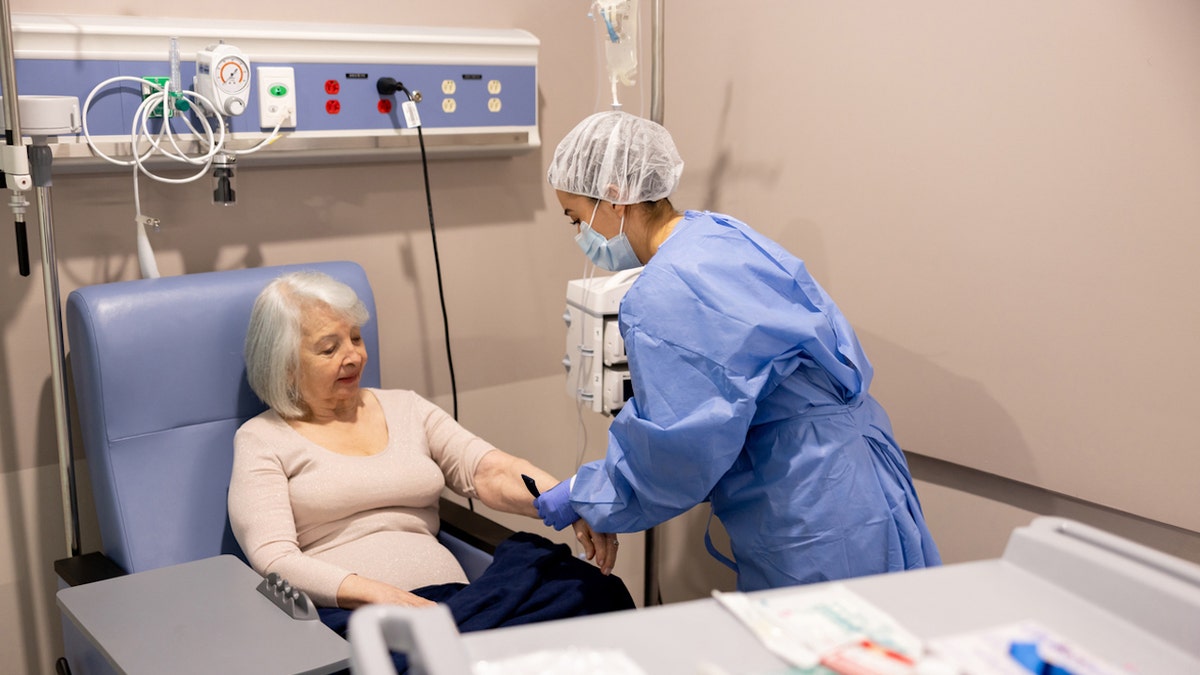
Immunotherapy, which was first approved in 2011, uses the cancer patient’s immune system to target and fight cancer. (iStock)
“All of these data are already being collected by the patient’s oncologist, or they’re filling out a form in the waiting room ahead of time,” said Travis Osterman, a medical oncologist and associate chief medical information officer at Vanderbilt University Medical Center, in an interview with Fox News Digital.
(Osterman is working with Wolber on the development of the AI model.)
BREAST CANCER BREAKTHROUGH: AI PREDICTS A THIRD OF CASES PRIOR TO DIAGNOSIS IN MAMMOGRAPHY STUDY
“We’re not asking for additional blood samples or complex imaging. These are all data points that we’re already collecting — vital signs, diagnoses, lab values, those sorts of things.”
In a study, the AI model showed 70% to 80% accuracy in predicting patients’ responses to immunotherapies, according to an article published in the Journal of Clinical Oncology Clinical Cancer Informatics.
“While the models are not perfect, this is actually a very good result,” Wolber said. “We can implement those models with very little additional effort because there are no additional measurements required in the clinic.”
‘Natural progression’
This type of technology is “a natural progression of what we’ve been doing in medicine for a very long time,” Osterman said.
“The only difference is, instead of surveying patients, we’re taking the entirety of the medical record and looking for risk factors that contribute to an outcome,” he said in an interview with Fox News Digital.
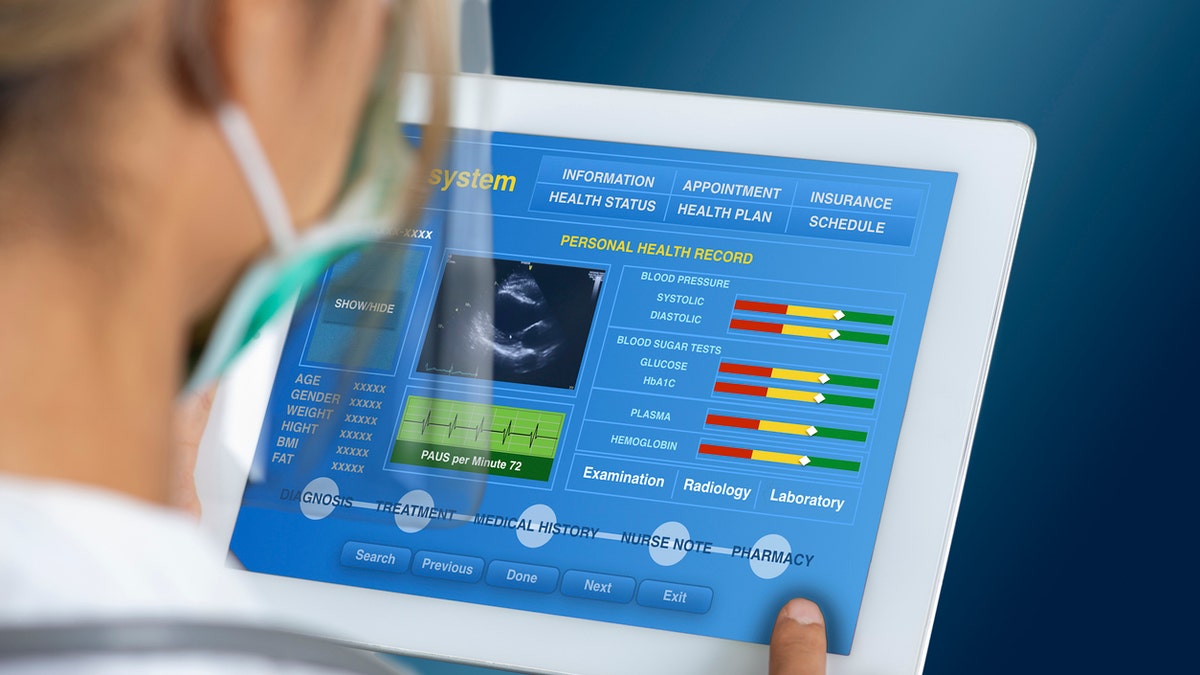
The AI model was trained on thousands of patients’ electronic health records to recognize patterns in how they responded to immunotherapy, focusing on safety and effectiveness. (iStock)
With immunotherapy, there is generally a lower response rate than with chemotherapy, Osterman noted — but some patients have “incredible responses” and ultimately become cancer-free.
“I would be horrified to know that one of my patients that I didn’t give immunotherapy to could have been one of the tremendous responders,” he told Fox News Digital.
Conversely, Osterman noted that in rare cases, immunotherapy can have some serious side effects.
“I would be horrified to know that one of my patients that I didn’t give immunotherapy to could have been one of the tremendous responders.”
“I would say about half of patients don’t have any side effects, but for those who do, some of them are really life-altering,” he said.
“We don’t want to miss anyone, but we also don’t want to harm anyone.”
At the core of the AI project, Osterman said, is the ability to “put all the information into the exam room,” so the oncologist can counsel the patient about the risks and benefits of this particular therapy and make the best, most informed decision about their care.
Combining technology and human expertise
Dr. Marc Siegel, clinical professor of medicine at NYU Langone Medical Center and a Fox News medical contributor, was not involved in the AI model’s development but commented on its potential.
“AI models are emerging that are helping to manage responses to cancer treatments,” he told Fox News Digital.
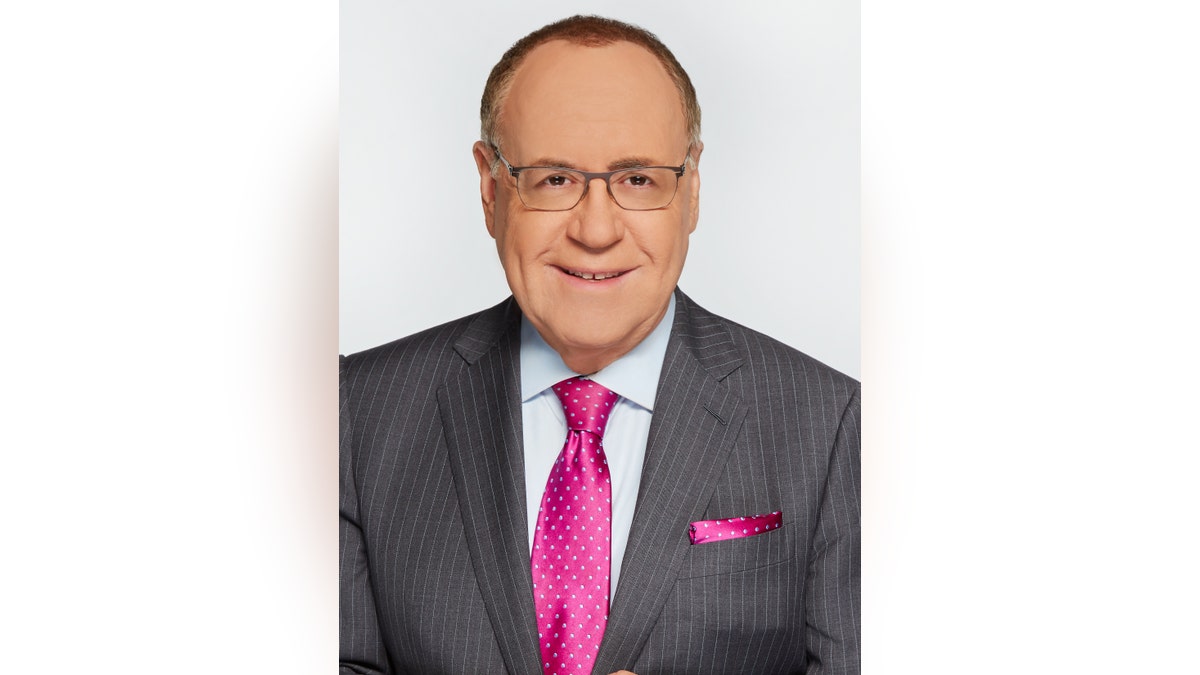
Dr. Marc Siegel, clinical professor of medicine at NYU Langone Medical Center and a Fox News medical contributor, was not involved in the AI model’s development but weighed in on its potential. “AI models are emerging that are helping to manage responses to cancer treatments,” he said. (Dr. Marc Siegel)
“These can allow for more treatment options and be more predictive of outcome.”
AI models like this one are an example of “the essential future of personalized medicine,” Siegel said, “where each patient is approached differently and their cancer is analyzed and treated with precision using genetic and protein analysis.”
As long as physicians and scientists remain in charge — “not a computer or robot” — Siegel said that “there is no downside.”
Potential limitations
The AI model does carry some degree of limitations, the experts acknowledged.
“The models obviously do not return 100% accuracy,” Wolber told Fox News Digital. “So there are some so-called false positives or false negatives.”
NEW AI ‘CANCER CHATBOT’ PROVIDES PATIENTS AND FAMILIES WITH 24/7 SUPPORT: ‘EMPATHETIC APPROACH’
The tool is not a “black box” that will provide a surefire answer, he noted. Rather, it’s a tool that provides data points to the clinician and informs them as they make patient management decisions.
Osterman pointed out that the AI model uses a “relatively small dataset.”
“We would love to be able to refine our predictions by learning on bigger data sets,” he said.

The tool is not a “black box” that will provide a surefire answer, one of the researchers said; rather, it’s a tool that provides data points to clinicians and informs them as they make patient management decisions. (iStock)
The team is currently looking for partnerships that will enable them to test the AI model in new settings and achieve even higher accuracy in its predictions.
Another challenge, Osterman said, is the need to integrate these AI recommendations into the workflow.
“This is pretty new for us as a health care community, and I think we’re all going to be wrestling with that question,” he said.
CLICK HERE TO SIGN UP FOR OUR HEALTH NEWSLETTER
Looking ahead, once the AI model has achieved the necessary regulatory approvals, GE HealthCare plans to make the technology available for widespread use by clinicians — perhaps even expanding to other care areas, such as neurology or cardiology.
There is also the potential to incorporate it into drug development.
“We don’t want to miss anyone, but we also don’t want to harm anyone.”
“One of the things that drug makers struggle with is that some of the agents that may be really useful for some patients could be really toxic for others,” Osterman said.
“If they were able to pick which patients could go into a trial and exclude patients with the highest risk of toxicity, that could mean the difference between that drug being made available or not.”
He added, “If this means that we’re able to help tailor that precision risk to patients, I’m in favor of that.”
Ultimately, Osterman said, “it’s a really exciting time to be in medicine … I think we’re going to look back and regard this as the golden age of AI recommendations. I think they’re probably here to stay.”
For more Health articles, visit www.foxnews/health.

Health
Alabama pastor shares journey of depression, urges others to seek help: ‘Don’t hesitate’
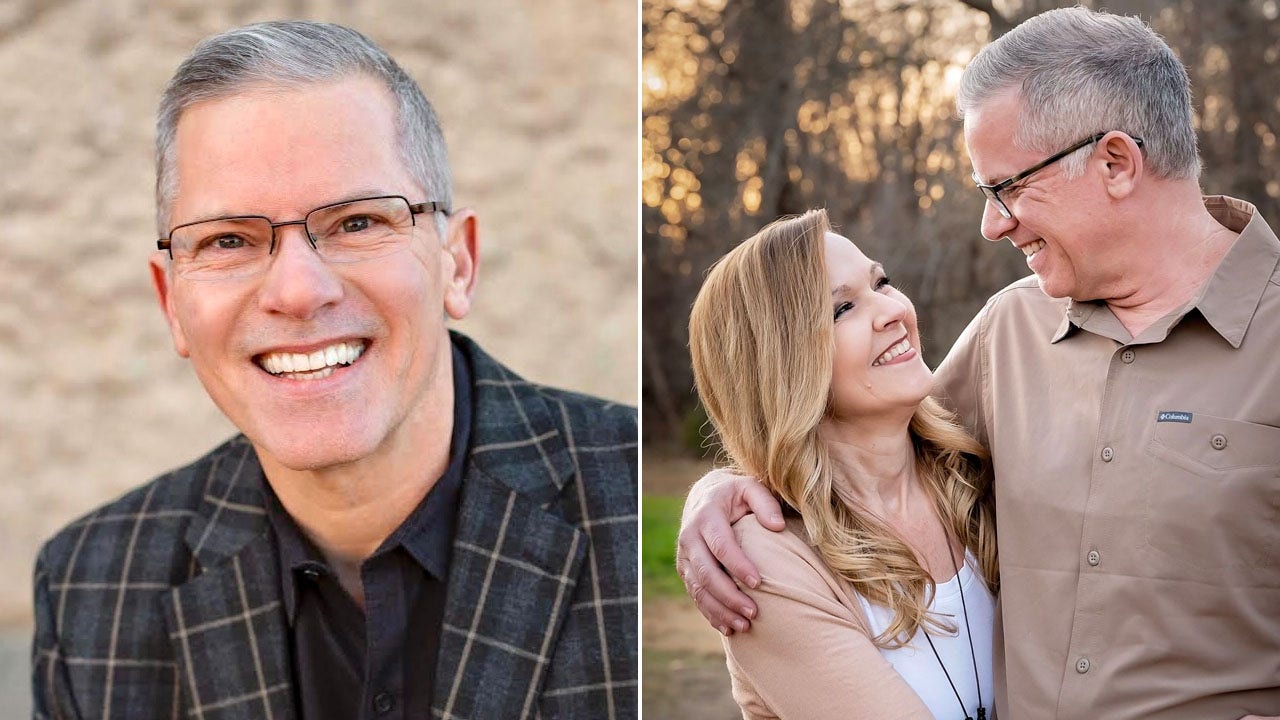
Pastors and other clergy members often serve as pillars of support in times of crisis. Yet what happens when they’re the ones who need to be lifted up?
Mark Dance, a former pastor who lives in Alabama, knows firsthand that mental health struggles can impact those in church leadership.
During his three decades of leading various churches, Dance, now 59, experienced a three-year bout of clinical depression — and now, as a pastor advocate for GuideStone, he helps support other pastors who are struggling.
ILLINOIS PASTOR AND AUTHOR URGES OTHERS AMID TODAY’S EVIL, ‘MAKE AMERICA LOVE AGAIN’
He revealed the details of his story to Fox News Digital.
The ‘three-year fog’
Dance’s mental health challenge began about 15 years ago, when he was in his third pastoral position, he said.
Mark Dance, pictured with his wife, Janet Dance, said he suffered through a three-year period of depression while serving as a pastor. (Dr. Mark Dance)
He and his wife, Janet Dance, were busy navigating life in ministry while raising teenagers — and they were also in the middle of a major move from one church campus to another.
“I noticed that I had become different,” he told Fox News Digital. “I was avoiding people, where I used to love being with people. And it became difficult to sleep, eat and make decisions.”
“I was working way too much, and using ‘the God card’ as an excuse.”
Dance also noticed that he’d lost a significant amount of weight. It was a period that he now refers to as a “three-year fog.”
“I was working way too much, and using ‘the God card’ as an excuse,” he said.
FLORIDA MOM-TO-BE GETS SURPRISE OF HER LIFE FROM HER OWN MOTHER: ‘WISH FULFILLED’
“I was a ‘churchaholic’ who refused to receive the gift of a day off and did not honor the Sabbath. I was neglecting myself, and it just all caught up with me.”
Dance had been down before, he said, but usually he was able to shake it off within a week or two. “But this time, I was stuck for a long time,” he said.
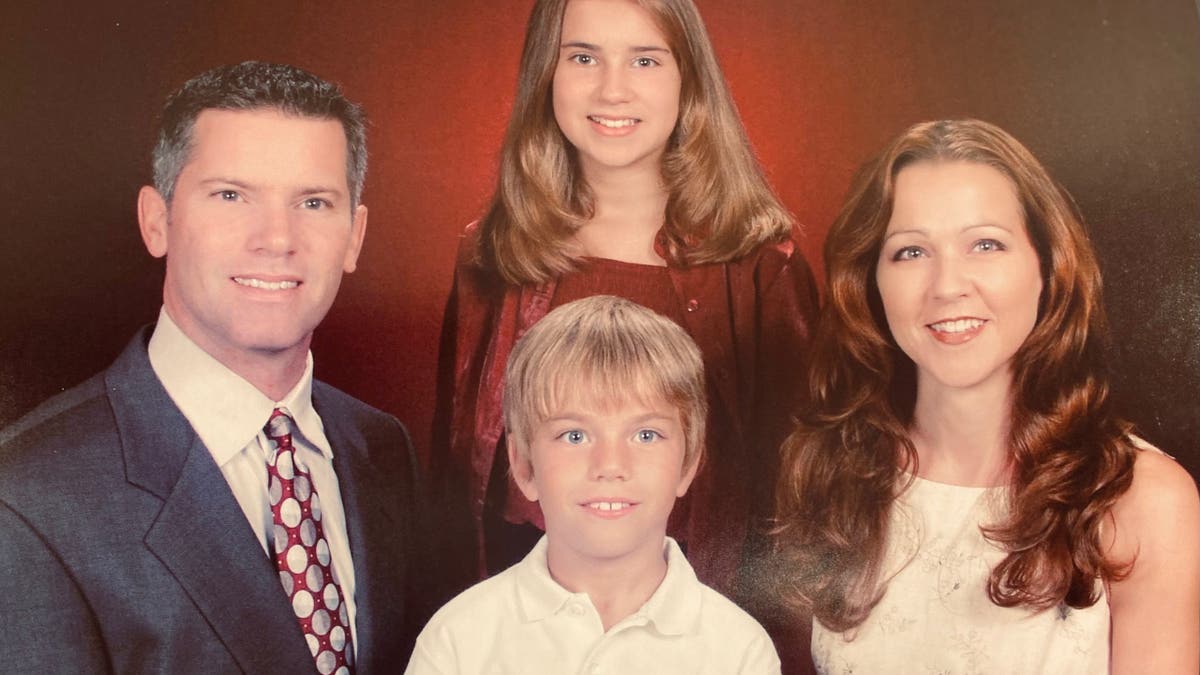
Mark Dance is pictured with his family in 2002. He and his wife, Janet Dance, were busy navigating a life in the ministry while raising their teenagers when his depression journey began, he said. (Dr. Mark Dance)
Although it was “out of character” for him to ask for help, Dance reached out to his family physician — who diagnosed him with clinical depression, prescribed medication and told him to “throttle down.”
By slowing down and focusing on his own needs, Dance was eventually able to “get healthy again.”
A few years later, he transitioned into a new role of helping other pastors overcome their own mental health struggles.
Those in church leadership are just as vulnerable to mental health struggles as the people they serve, Dance said.
“My clinical depression was equivalent to a common cold compared to some other types,” he told Fox News Digital.
AMERICAN VETERANS WHO COMMIT SUICIDE ARE 95% MALE, CRISIS OFTEN DRIVEN BY FAMILY DISPUTES, SAY EXPERTS
“Depression is kind of like cancer in that regard — there are different levels. In my case, it was diagnosed early and was treatable.”
Learning to practice self-compassion
While it might seem that those in church leadership are perpetually strong, they are just as vulnerable to mental health struggles as the people they serve, Dance said.
“We deal with the same issues — health problems, marriage challenges, problems with kids or money,” he said. “But it is more difficult for us to ask for help because it’s counterintuitive for us as caregivers.”
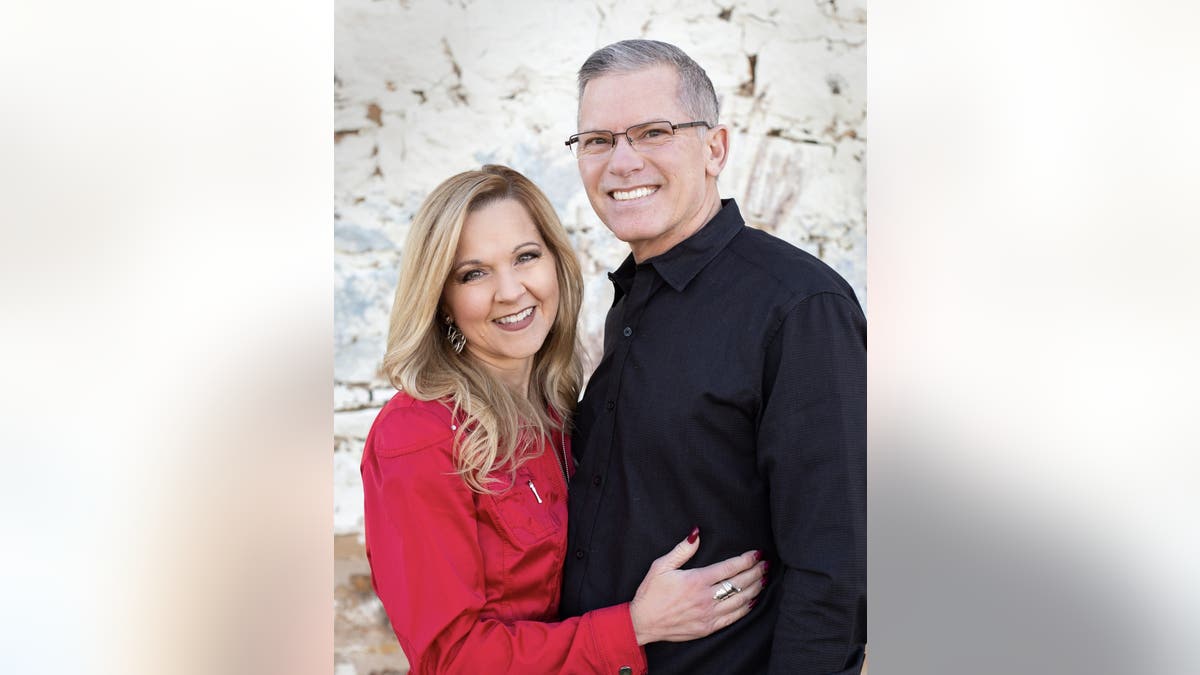
“My wife is my biggest fan and advocate,” Dance said. “Janet stepped up and became the leader of our home and our marriage for about three years, when I couldn’t lead anything.” (Dr. Mark Dance)
A pastor feels compelled to succeed both at work and at home, Dance noted — “because our spouse and kids are in our job description in the Bible.”
That can lead to unrealistic expectations and added pressure, he said.
“About one out of four pastors will experience a mental health challenge,” he told Fox News Digital. “And I just happened to be one of those.”
ILLINOIS PASTOR AND AUTHOR URGES OTHERS AMID TODAY’S EVIL, ‘MAKE AMERICA LOVE AGAIN’
Dr. Norman Blumenthal, director of the Ohel Zachter Family National Trauma Center in New York, noted that members of the clergy are often “benevolent and idealistic individuals” who extend themselves to others, even at the expense of their own well-being.
“It’s essential to remember that charity and care entail giving generously, but not excessively,” Blumenthal, who is not associated with GuideStone, told Fox News Digital.
“We can give a piece of ourselves, but not ourselves in entirety. When setting limits and triaging those we help, clergy often provide more effectively and abundantly than less.”
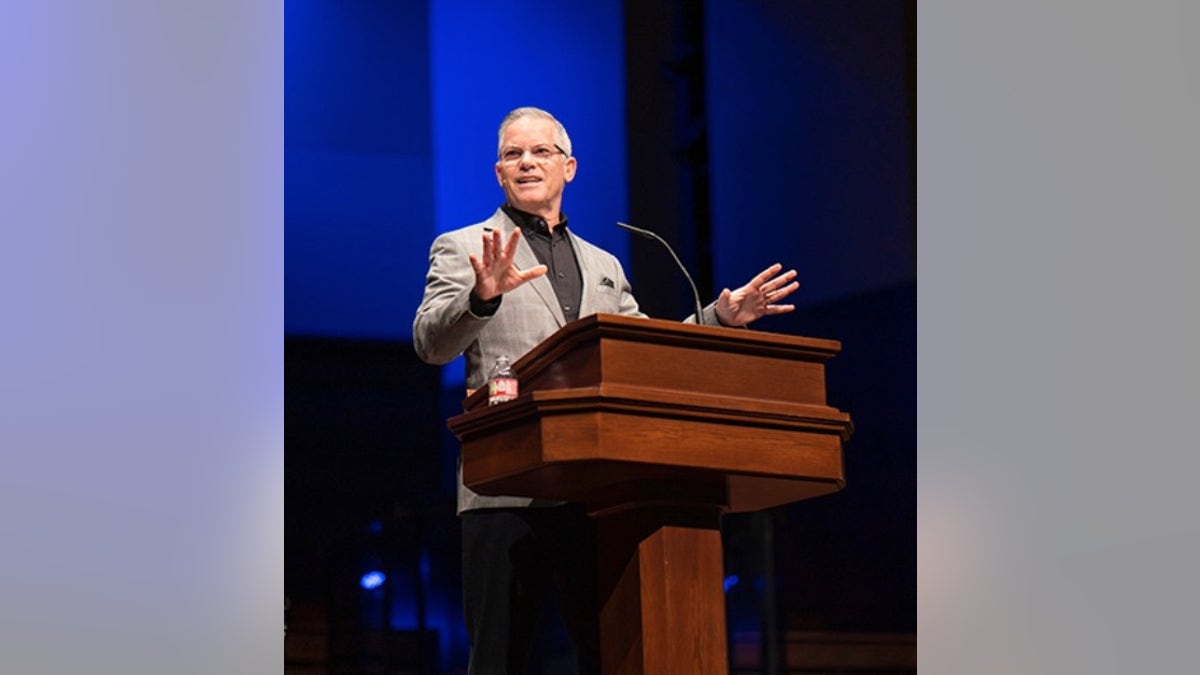
While it might seem that those in church leadership are perpetually strong, they are just as vulnerable to mental health struggles as the people they serve, Dance pointed out. (Dr. Mark Dance)
While pastoring requires compassion for others, exercising self-compassion is just as important, according to Yale University’s Dr. Emma Seppälä, author of “Sovereign: Reclaim your Freedom, Energy and Power in a Time of Distraction, Uncertainty, and Chaos.”
“Often, people in service-oriented professions give a lot to others without taking into account that they need to give to themselves as well,” Connecticut-based Seppälä, who is also not associated with GuideStone, told Fox News Digital.
“As I tell pastors, the only thing between you and help is your pride.”
“You can’t easily give from an empty cup. Self-compassion is the ability to treat oneself as one would treat a loved one — with kindness, consideration, respect and nurturing.”
This might include the ability to set boundaries so that there is enough time in the day to get exercise or proper nutrition, Seppälä added.
“Ideally, pastors should include themselves in their ministry.”
Having the courage to ask for help
Clergy members who experience depression or other mental health conditions need just as much help as the general population, Dance said.
While counseling others dealing with depression, he often hears the common sentiment that depression “sneaks up on you.”
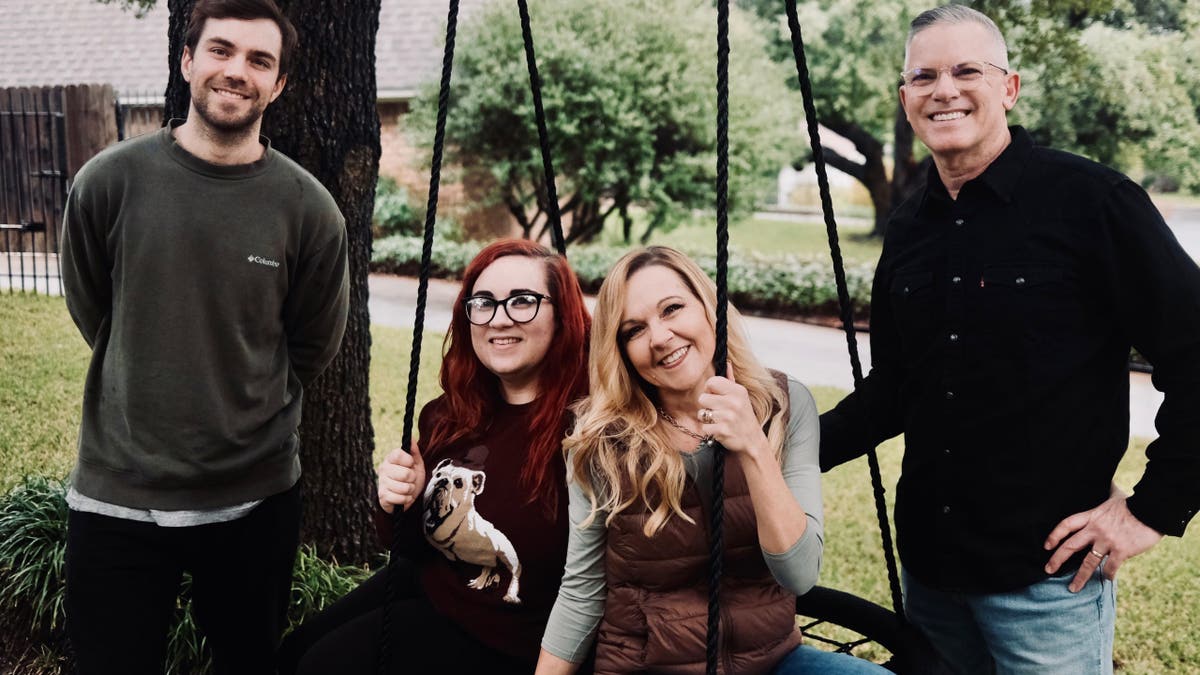
Mark Dance (far right) is pictured in a recent photo with his wife, Janet Dance, and the couple’s children, Brad and Holly. (Dr. Mark Dance)
“It’s usually not a big freight train that runs you over,” he said. “It can start with lack of sleep, or a dramatically increased or decreased appetite. It can be very subtle.”
Reaching out for help takes courage and humility, Dance pointed out.
“As I tell pastors, the only thing between you and help is your pride,” he said.
NURSES CALL FOR CHANGE AS MANY REVEAL THEY’RE ‘EXTREMELY LIKELY’ TO LEAVE PROFESSION: ‘EMOTIONAL, STRESSFUL’
In his role, Dance often tells preachers, “Don’t self-diagnose and don’t hesitate to ask for help.”
“God has not called us to be competent in everybody else’s profession — if you’re a pastor, it’s OK not to be a mental, physical or financial health professional. Just be a pastor and let other people help you.”
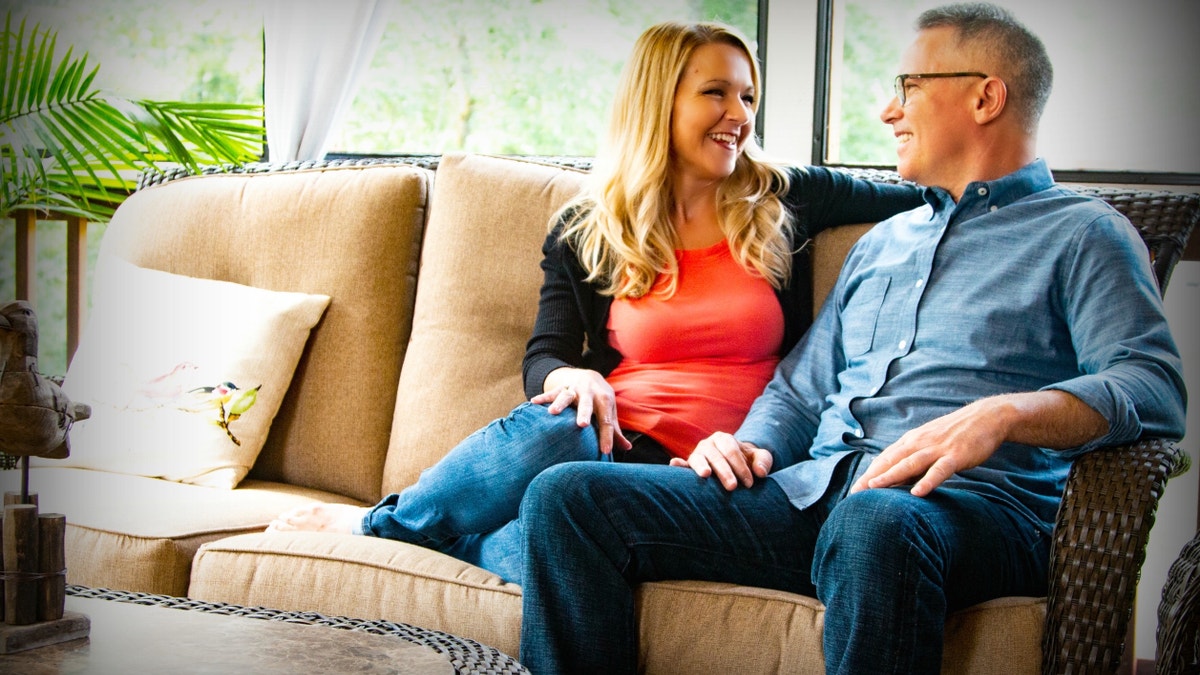
Dance’s wife, Janet, encouraged him to seek help during his struggles. Clergy members who experience depression or other mental health conditions need just as much help as the general population, Dance said. (Dr. Mark Dance)
At GuideStone, Dance said, the focus is on helping pastors and ministers to “stay well and finish well.”
“I help people think about what a strong finish would look like at the end of their ministry, and it’s very fulfilling.”
Supported by faith
During Dance’s depression journey, he relied on his church and his faith to get him through.
“Church is a place where you can grow in all areas — not just one,” he said. “For me, church became a place where I could receive help from my own members.”
“And that’s the experience I’ve had for the last 36 years of industry — if the pastors ask for help, the church members will reciprocate.”
“I learned to become more physically, mentally and spiritually healthy, through the process of my mind being renewed by the Lord and His people.”
The pastor also drew strength from the Bible — particularly his favorite verse, below.
“Do not conform to the pattern of this world, but be transformed by the renewing of your mind. Then you will be able to test and approve what God’s will is — his good, pleasing and perfect will” (Romans 12:2).
CLICK HERE TO SIGN UP FOR OUR HEALTH NEWSLETTER
Listening to God is an important part of self-care, according to Dance.
“He’s the one who designed us — He knows how to help us stay well,” he said. “I learned to become more physically, mentally and spiritually healthy, through the process of my mind being renewed by the Lord and His people.”
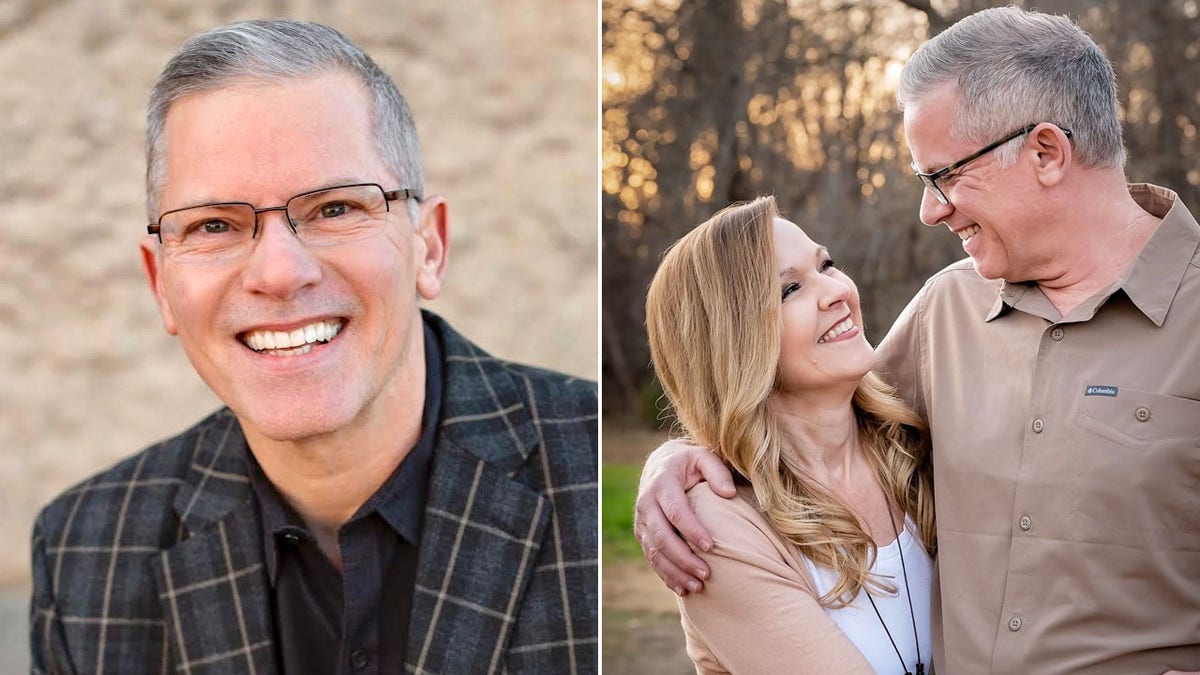
Pastors and others can visit www.GuideStone.org/mentalhealth to see Dance’s video testimony and to get support from a pastoral counselor, Dance told Fox News Digital. (Dr. Mark Dance)
Dance also draws support from his wife of 36 years and their two children.
“My wife is my biggest fan and advocate,” he said. “Janet stepped up and became the leader of our home and our marriage for about three years, when I couldn’t lead anything.”
“She’s a big part of how I got healthy and how I’m staying healthy.”
Pastors and others can visit www.GuideStone.org/mentalhealth to see Dance’s video testimony and to get support from a pastoral counselor.
For more Health articles, visit www.foxnews.com/health.
Health
How an 11¢ Twist Can Help You Walk Off Weight Faster, According to Experts
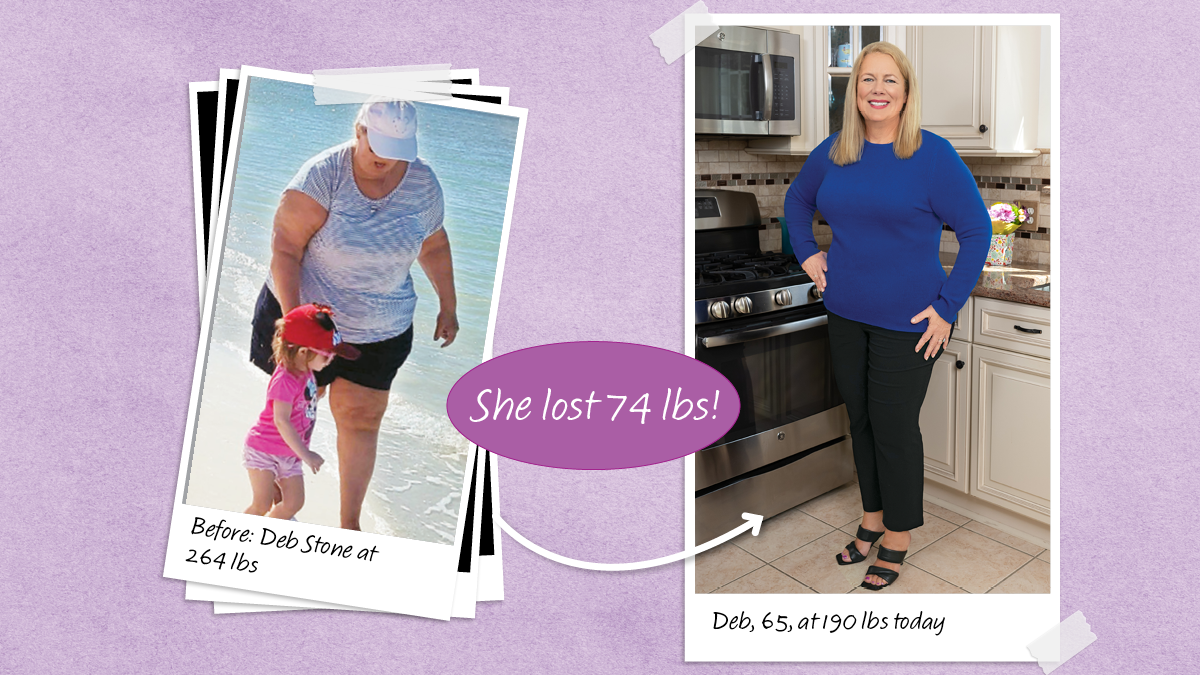
Sign Up
Create a free account to access exclusive content, play games, solve puzzles, test your pop-culture knowledge and receive special offers.
Already have an account? Login
Forgot your password?
Get back to the Sign In
Use left and right arrow keys to navigate between menu items.
Use escape to exit the menu.
Health
Your 2024 Gemini Season Horoscope: What’s in Store for You, Based on Your Sign

Sign Up
Create a free account to access exclusive content, play games, solve puzzles, test your pop-culture knowledge and receive special offers.
Already have an account? Login
Forgot your password?
Get back to the Sign In
Use left and right arrow keys to navigate between menu items.
Use escape to exit the menu.
-
News1 week ago
A group of Republicans has united to defend the legitimacy of US elections and those who run them
-

 Politics1 week ago
Politics1 week agoHouse Dems seeking re-election seemingly reverse course, call on Biden to 'bring order to the southern border'
-

 Movie Reviews1 week ago
Movie Reviews1 week agoExhuma Movie Review: An effective horror film steeped in myth, legends, and realism
-

 World1 week ago
World1 week ago‘It’s going to be worse’: Brazil braces for more pain amid record flooding
-

 Politics1 week ago
Politics1 week ago'Stop the invasion': Migrant flights in battleground state ignite bipartisan backlash from lawmakers
-

 World1 week ago
World1 week agoGerman socialist candidate attacked before EU elections
-

 World1 week ago
World1 week agoSpain and Argentina trade jibes in row before visit by President Milei
-

 Politics1 week ago
Politics1 week agoRepublicans believe college campus chaos works in their favor















